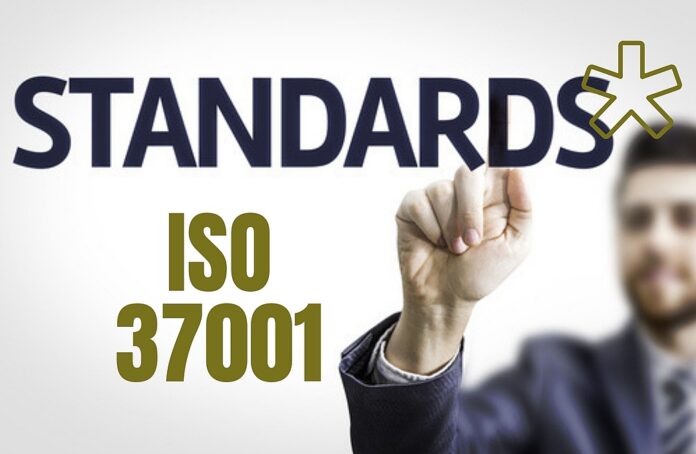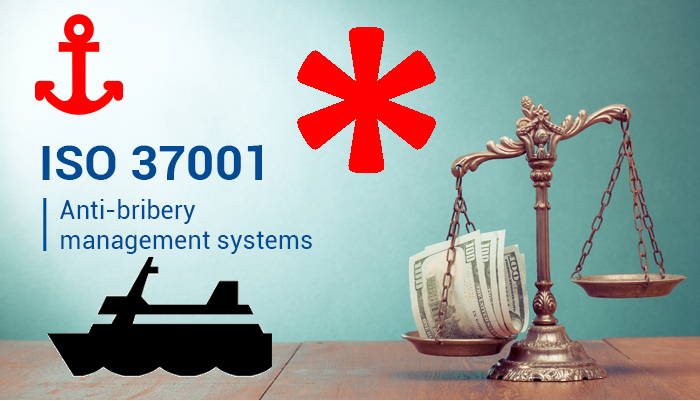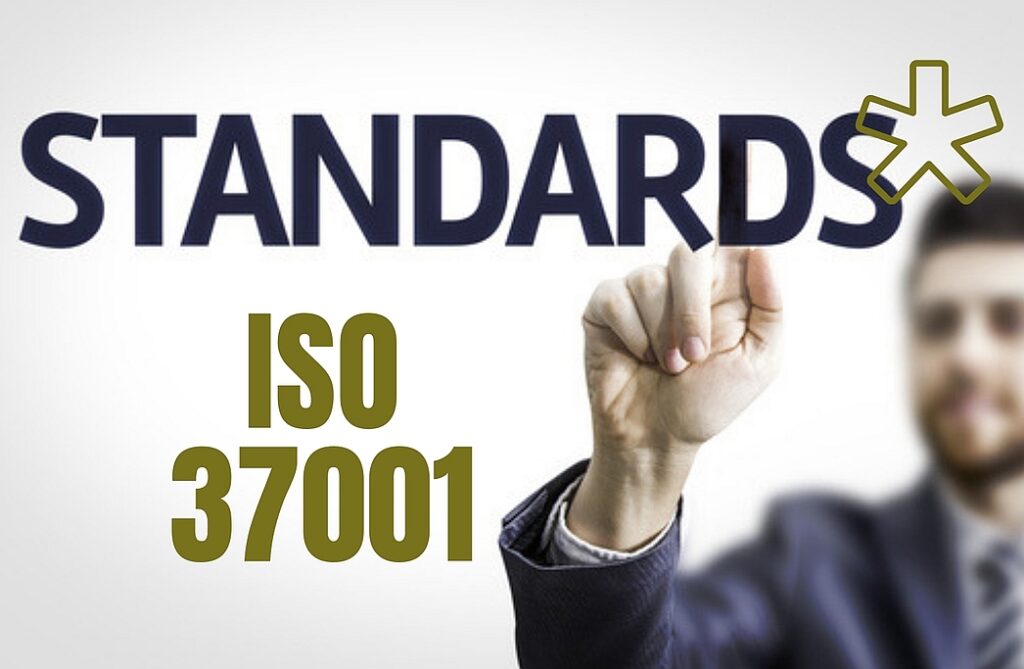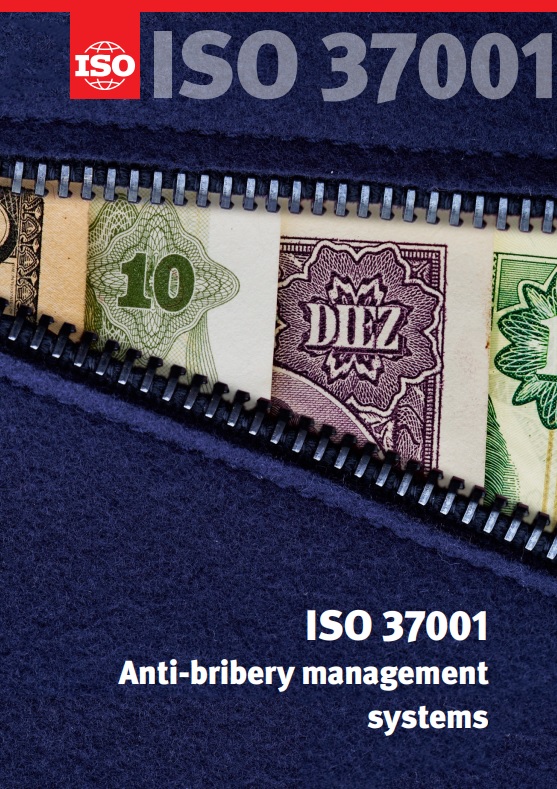
(www.MaritimeCyprus.com) Bribery is one of the world’s most destructive and challenging issues. With over US$ 1 trillion paid in bribes each year (source: OCDE), the consequences are catastrophic, reducing quality of life, increasing poverty and eroding public trust. Yet despite efforts on national and international levels to tackle bribery, it remains a significant issue, especially in the maritime/shipping industry.
The shipping sector operates with the whole world as a workplace, and depends on frequent interaction with public officials. A big challenge in the shipping industry is the frequent and persistent demands for low value amounts demanded by public officials to facilitate port operations (‘so called facilitation payments’). Typically, the demands are for cash (small or large amounts), cigarettes or soft drinks. Opposing demands in the interaction with public servants can reduce demands in one country and lead to severe consequences in another. The ship can be detained, or in worst cases the crew can be exposed to severe extortion situations.

Governments have made progress in addressing bribery through international agreements such as the Organization for Economic Co-operation and Development Convention on Combating Bribery of Foreign Public Officials in International Business Transactions and the United Nations Convention against Corruption and through their national laws. In most jurisdictions, it is an offence for individuals to engage in bribery and there is a growing trend to make organizations, as well as individuals, liable for bribery.
However, the law alone is not sufficient to solve this problem. Organizations have a responsibility to proactively contribute to combating bribery. This can be achieved by an anti-bribery management system, which this document is intended to provide, and through leadership commitment to establishing a culture of integrity, transparency, openness and compliance. The nature of an organization’s culture is critical to the success or failure of an anti-bribery management system.
Recognizing this, ISO has developed a new standard to help organizations fight bribery and promote an ethical business culture.
ISO 37001 specifies requirements and provides guidance for establishing, implementing, maintaining, reviewing and improving an anti-bribery management system. The system can be stand-alone or can be integrated into an overall management system within the Company’s SMS.

ISO 37001:2016 addresses the following in relation to the organization’s activities:
- bribery in the public, private and not-for-profit sectors;
- bribery by the organization;
- bribery by the organization’s personnel acting on the organization’s behalf or for its benefit;
- bribery by the organization’s business associates acting on the organization’s behalf or for its benefit;
- bribery of the organization;
- bribery of the organization’s personnel in relation to the organization’s activities;
- bribery of the organization’s business associates in relation to the organization’s activities;
- direct and indirect bribery (e.g. a bribe offered or accepted through or by a third party).
ISO 37001, Anti-bribery management systems, specifies a series of measures to help organizations prevent, detect and address bribery. These include adopting an anti-bribery policy, appointing a person to oversee anti-bribery compliance, training, risk assessments and due diligence on projects and business associates, implementing financial and commercial controls, and instituting reporting and investigation procedures.

It is designed to help your organization implement an anti-bribery management system, or enhance the controls you currently have. It helps to reduce the risk of bribery occurring and can demonstrate to your stakeholders that you have put in place internationally recognized good-practice anti-bribery controls.
ISO 37001:2016 does not specifically address fraud, cartels and other anti-trust/competition offences, money-laundering or other activities related to corrupt practices, although an organization can choose to extend the scope of the management system to include such activities.
The requirements of ISO 37001:2016 are generic and are intended to be applicable to all organizations (or parts of an organization), regardless of type, size and nature of activity, and whether in the public, private or not-for-profit sectors.
Learn more about the standard by clicking below image or view this powerpoint presentation.
Maritime Anti-Corruption Network (MACN) - Introduction video:














